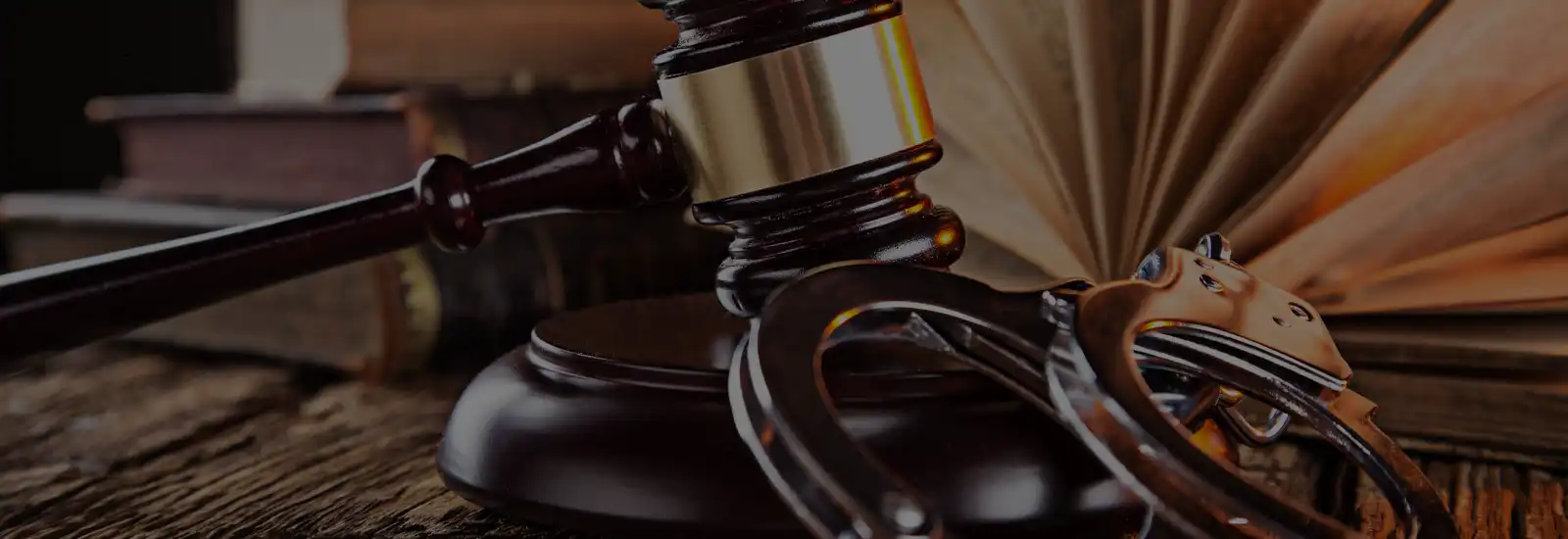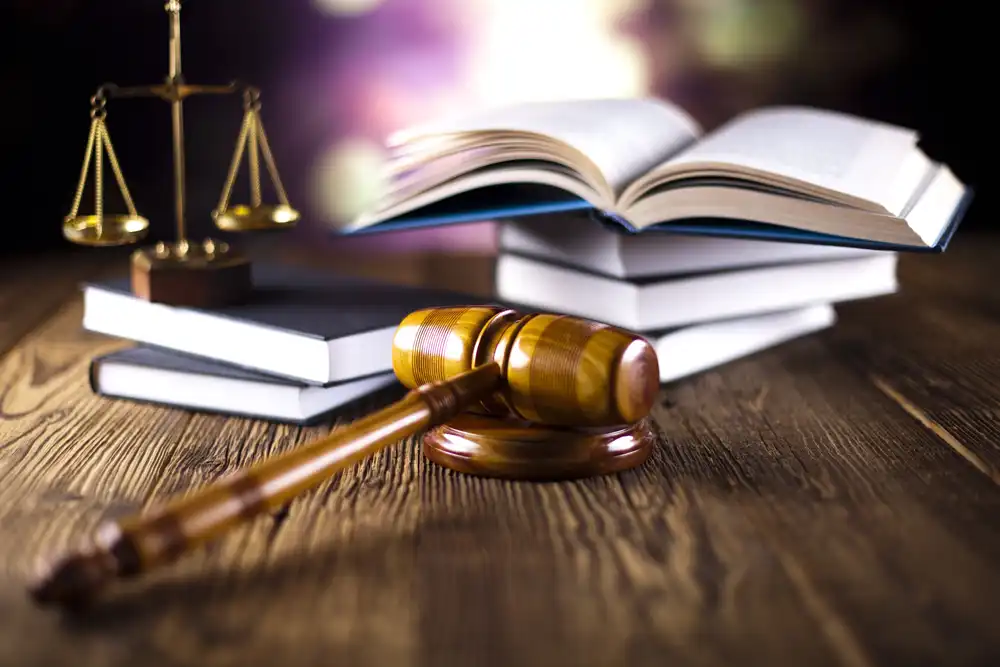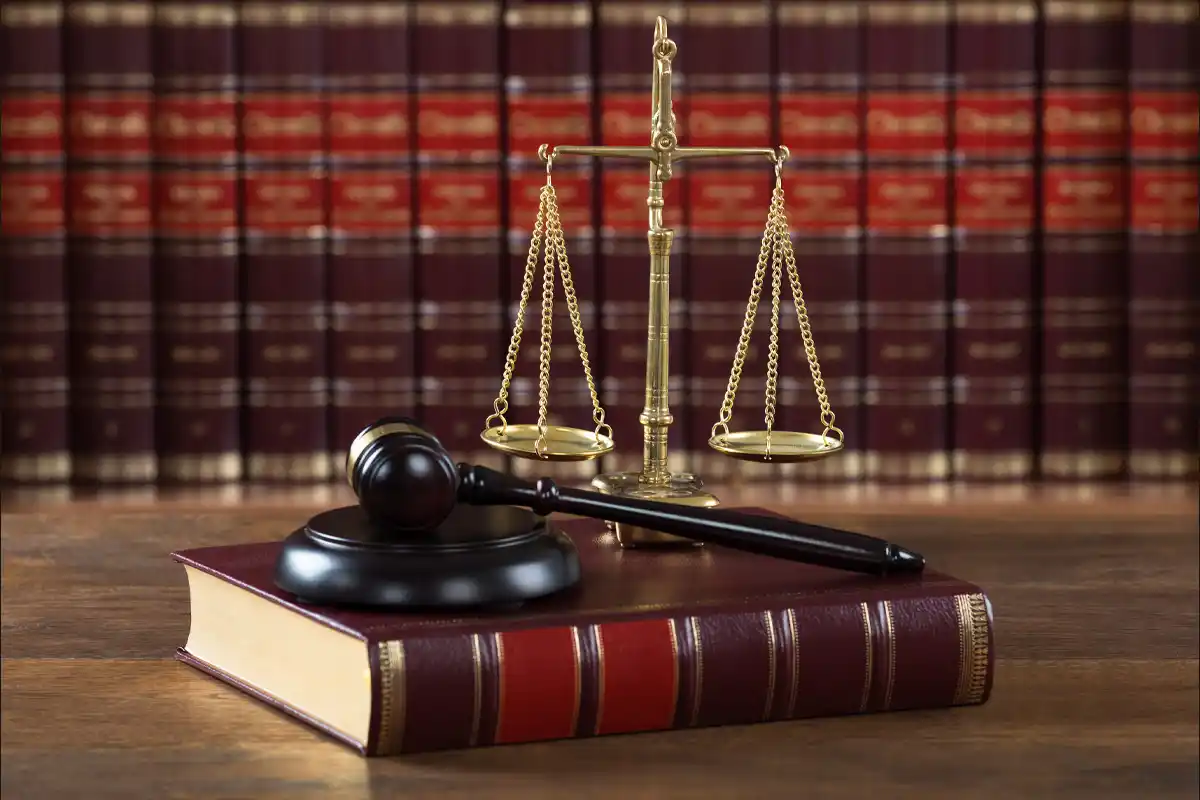
Theft Criminal Defense Lawyer | Orlando & Central Florida
Criminal Defense Attorney, Mary. M. Ibrahim proudly provides Theft Criminal Defense legal services throughout Central Florida, including, Orange County, Osceola County, and Seminole County and surrounding areas.

Call 407.255.6300 today to schedule a confidential consultation with theft crime defense attorney, Mary M. Ibrahim.
Theft accusations in Florida can range from minor misdemeanors to serious felonies, carrying penalties that can significantly impact your life. If you're facing theft charges in Orlando, Orange County, or Central Florida, it's crucial to understand the law and secure experienced legal representation. The Law Offices of Mary M. Ibrahim, P.A., are here to protect your rights and provide a strong defense.
Understanding Theft in Florida
Florida law encompasses a wide range of theft offenses, primarily differentiated by the value of the property stolen. This distinction is critical in determining the severity of the charges and potential penalties.
Specific Theft Crimes in Florida (Florida Statute Chapter 812)
Some common theft crimes in Florida include:
- Petit Theft (Florida Statute 812.014): Theft of property valued at less than $750. This is typically a misdemeanor.
- Grand Theft (Florida Statute 812.014): Theft of property valued at $750 or more. Grand theft is a felony, with the degree of the felony increasing based on the value of the stolen property and other factors. There are several degrees of Grand Theft, with varying penalties.
- Grand Theft Auto (Florida Statute 812.014): Theft of a motor vehicle. This is a felony, regardless of the vehicle's value.
- Robbery (Florida Statute 812.13): Theft of property from a person or their immediate custody by force, violence, assault, or putting the person in fear. Robbery is a separate and more serious offense than simple theft. (See our separate blog post on Robbery).
- Burglary (Florida Statute 810.02): Entering or remaining in a dwelling, structure, or conveyance with the intent to commit an offense therein (which often includes theft). Burglary is also a separate offense. (See our separate blog post on Burglary).
Penalties for Theft Convictions in Florida
The penalties for theft convictions in Florida vary significantly depending on the specific offense, the value of the property involved, and any prior convictions. Penalties can include:
- Jail or Prison Time: From a few days in jail for petit theft to decades in prison for grand theft, depending on the degree of the felony.
- Fines: Substantial fines, often in the thousands or tens of thousands of dollars.
- Restitution: Ordering the convicted person to repay the victims for their losses.
- Probation: Supervised probation with specific conditions, such as community service, restitution payments, and restrictions on certain activities.
- A Criminal Record: A theft conviction will result in a permanent criminal record, which can affect employment, housing, and other opportunities.
Potential Defense Strategies in Theft Crime Cases
Building a strong defense against theft charges requires a thorough understanding of the law and a meticulous examination of the facts. Some potential defense strategies include:
- Lack of Intent: Theft requires the intent to permanently deprive the owner of their property. The defense may argue that the taking was unintentional or a misunderstanding.
- Claim of Right: The defense may argue that the accused genuinely believed they had a legal right to the property.
- Mistake of Fact: The defense may argue that the accused acted under a genuine and reasonable mistake of fact regarding ownership or value of the property.
- Insufficient Evidence: The prosecution must prove guilt beyond a reasonable doubt. If the evidence is weak or circumstantial, the charges may be dismissed or reduced.
- Challenging the Evidence: If law enforcement obtained evidence illegally or violated the accused's constitutional rights, the evidence may be suppressed.
- Negotiating a Plea Bargain: Working with the prosecution to reach a plea agreement for reduced charges or penalties.
The Importance of Legal Representation in Theft Criminal Defense Cases
Theft charges, even seemingly minor ones, can have serious consequences. A criminal record can significantly impact your future. It's crucial to seek the advice and representation of an experienced criminal defense attorney.
Attorney Mary M. Ibrahim has a proven track record of successfully defending clients against theft charges in Orlando and Central Florida. She will thoroughly investigate your case, protect your rights, and develop the most effective defense strategy possible. Don't face these charges alone. Contact The Law Offices of Mary M. Ibrahim, P.A., today for a confidential consultation. Let us fight for you.
Call 407.255.6300 today to schedule a confidential consultation with theft crime defense lawyer, Mary M. Ibrahim.
About Felony Crimes

In Florida, a felony is a serious criminal offense punishable by more than one year in state prison, up to life imprisonment, or even death. Felonies are categorized into degrees, with varying levels of severity and corresponding penalties. The most serious are capital felonies, punishable by death or life imprisonment, followed by life felonies, which carry a life sentence.
In Florida, a felony is a serious criminal offense punishable by more than one year in state prison, up to life imprisonment, or even death. Felonies are categorized into degrees, with varying levels of severity and corresponding penalties. The most serious are capital felonies, punishable by death or life imprisonment, followed by life felonies, which carry a life sentence. Third-degree felonies are the least severe, with a maximum of five years in prison and a $5,000 fine. Second-degree felonies are more serious, punishable by up to 15 years in prison and a $10,000 fine. First-degree felonies carry the most substantial penalties, with up to 30 years in prison and a $10,000 fine, although some first-degree felonies have even harsher penalties.
Beyond imprisonment and fines, a felony conviction in Florida can have lasting consequences, impacting an individual's rights and opportunities. These can include restrictions on voting, firearm ownership, jury service, and certain professions. It's crucial to understand the potential ramifications of felony charges and seek experienced legal counsel. The specific penalties and classifications can be complex, so consulting with a qualified attorney is essential for anyone facing felony accusations.
About Felony Crimes

In Florida, a felony is a serious criminal offense punishable by more than one year in state prison, up to life imprisonment, or even death. Felonies are categorized into degrees, with varying levels of severity and corresponding penalties. The most serious are capital felonies, punishable by death or life imprisonment, followed by life felonies, which carry a life sentence.
In Florida, a felony is a serious criminal offense punishable by more than one year in state prison, up to life imprisonment, or even death. Felonies are categorized into degrees, with varying levels of severity and corresponding penalties. The most serious are capital felonies, punishable by death or life imprisonment, followed by life felonies, which carry a life sentence. Third-degree felonies are the least severe, with a maximum of five years in prison and a $5,000 fine. Second-degree felonies are more serious, punishable by up to 15 years in prison and a $10,000 fine. First-degree felonies carry the most substantial penalties, with up to 30 years in prison and a $10,000 fine, although some first-degree felonies have even harsher penalties.
Beyond imprisonment and fines, a felony conviction in Florida can have lasting consequences, impacting an individual's rights and opportunities. These can include restrictions on voting, firearm ownership, jury service, and certain professions. It's crucial to understand the potential ramifications of felony charges and seek experienced legal counsel. The specific penalties and classifications can be complex, so consulting with a qualified attorney is essential for anyone facing felony accusations.
About Misdemeanor Crimes

In Florida, a misdemeanor is a criminal offense less serious than a felony, generally punishable by fines, probation, and up to one year in a county jail. Misdemeanors are categorized into two degrees: first-degree and second-degree.
A first-degree misdemeanor is the more serious of the two, carrying a maximum penalty of one year in jail and a $1,000 fine. Examples include battery, petit theft (first offense), and driving under the influence (DUI) – first offense. Second-degree misdemeanors are less severe, with a maximum of 60 days in jail and a $500 fine. These can include offenses like simple assault, disorderly conduct, and certain traffic violations.
While misdemeanors don't carry the same severe penalties as felonies, a conviction can still have negative consequences. A criminal record, even for a misdemeanor, can impact employment opportunities, housing, and other aspects of life. It's important to take any misdemeanor charge seriously and understand the potential ramifications. Although the penalties are less severe than felonies, legal representation is still crucial to protect your rights and minimize the impact of a conviction. Consulting with a qualified attorney is recommended if you are facing misdemeanor charges in Florida.
